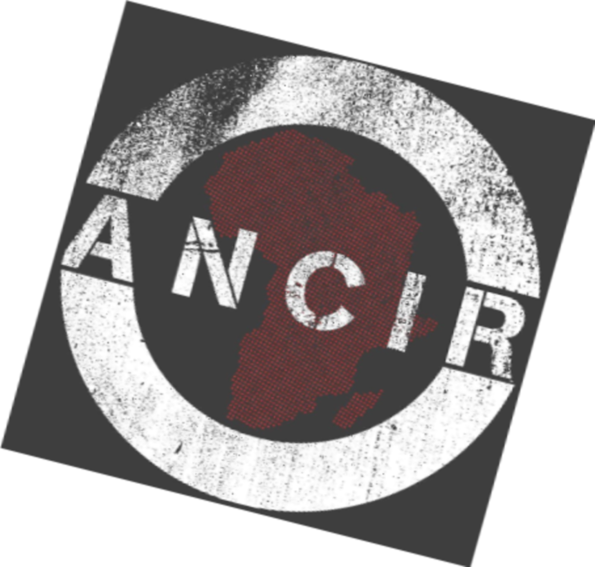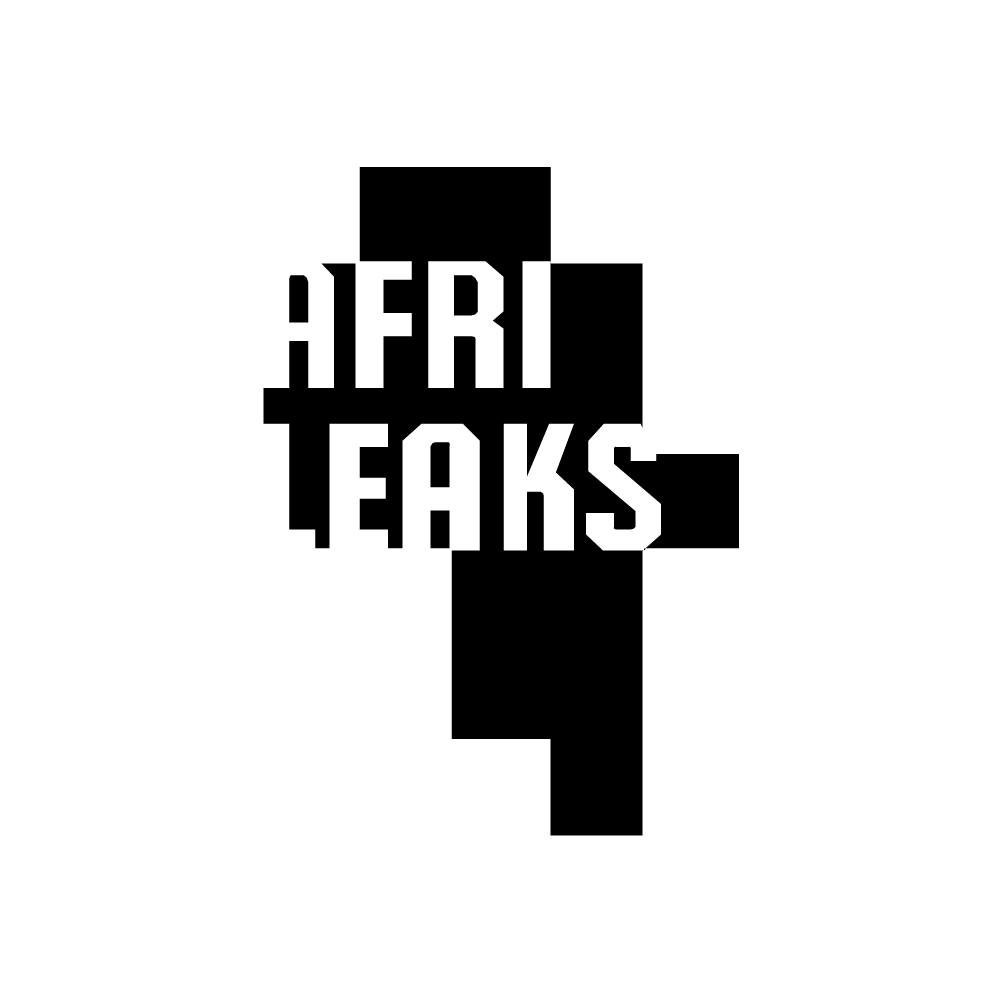Oligarch’s dealings undermine integrity of government oil deal
The family of Egyptian business tycoon Salah Diab used a corporate network comprised of Egyptian and offshore companies to sign agreements and strike deals with the Egyptian government. Leaked data obtained by the International Consortium of Investigative Journalists (ICIJ) reveal agreements involving the petroleum sector. One of the agreements between Pico International Petroleum, a subsidiary of Egypt’s Pico Group, and the Egyptian government concerned millions in development costs for the lucrative Al-Amal Petroleum Field located in the Gulf of Suez.
The project involves the expansion and development of an onshore processing plant, and the parties involved in the deal were the Egyptian national oil company Egyptian General Petroleum Company (EGPC), Greystone and Pico International. Both Greystone and the Pico Group are owned by the Diab family. Greystone is registered in the British Virgin Islands while Pico is registered as an Egyptian company.
The Egyptian government claimed to be unaware of the offshore activities involved in the agreement. When asked about these deals and the related documents, Tarek Al Hadidy, EGPC’s head, said: “We have a concession agreement with them and they are committed to it. We don’t know anything about the offshore activities of Pico International Petroleum and Greystone. My company [EGPC] is paying the taxes for Al-Amal field and if the other partner companies are involved in illegal activities, they should be investigated by the authorities, not by me.”
The issue of taxes is not as simple: the concession agreement of 2005 issued by Egypt’s Law No. 159 allows for various tax exemptions at municipal and national levels and is exempt save for income taxes.
The Pico Group
Pico International Petroleum is Egypt’s largest locally-owned oil and gas company. It specialises in developing smaller or more mature concessions that are a vital component of the country’s oil and gas sector. It is part of the Pico Group, which comprises seven independent sister companies, each of which enjoys managerial and financial autonomy.
Established in 1974, the Pico Group has grown to become a leading brand in the market segments where it operates, with offices in the Middle East, Europe, the US and Mexico. It is known primarily as a market leader in agriculture, and has been since the early 1930s.
Pico International Petroleum, directly or through one of its affiliates, owns interests in six offshore oil and gas assets: Zaafarana, Al-Amal, Gemsa, Geisum and Tawila West, West Tawila Marine, and South Ramadan Marine. It also holds interests in five onshore fields ‒ Silistea, Cosminele, Oporelu, Cosesti and Shislaz ‒ as well as formerly productive oil and gas fields in Romania and development and production service agreements in Altamira, Mexico. Due to local legislation, interests in any oil and gas licenses are held by joint ventures between the state-owned EGPC, which holds 50% of the shares, and private companies that hold the remaining 50%. In the joint ventures that Pico is involved in, the company, and/or one of its subsidiaries, retains the majority of the private shares allocated to the contractor members.
It is unclear why an offshore foreign partner was involved in an Egyptian deal when a local Diab company, Pico, was already there. What value did Greystone add? What income did it earn? What disbursements did it make? And were there any hidden owners present outside of the Diab family?
When the Pico Group’s chair Sherif El Ezzawy was contacted for comment, he said: “Regarding Pico Investment Seychelles and Greystone, I emphasise that both companies were lawfully incorporated following all laws and regulations. They were not, and are not, connected to any wrongdoing.”
He added: “Pico Investment Seychelles was founded in 2008 to invest in the Gulf area. We chose Seychelles because it offered attractive terms for foreign investors. After its establishment, we decided not to pursue the investment we were evaluating, and therefore had no use for the Seychelles company.”
El Ezzawy went on to say that the entity was inactive and no transactions or transfers were done by Pico’s Seychelles company throughout the period of the Al-Amal deal. Speaking to Greystone, he claimed the entity existed before his firm acquired it, and it was deactivated in 2013.
Not Exempt From Taxes
While offshore companies are often accused of tax evasion and avoidance, with the former being illegal and the latter technically legal, El Ezzawy said that offshore companies operating in Egypt are not exempt from taxes for their local activities, specifically in the oil sector. “Taxes are automatically and directly deducted and paid by the regulator on behalf of the partner. Such agreements are completely regulated through Production Sharing Contracts that are passed as a law through the Egyptian Parliament.”
The documents uncovered by the Panama Papers regarding this case do not show any wrongdoing by the Diab family. However, they raise questions about whether the family benefits from any offshore tax strategies, such as artificial management fees and the use of foreign bank accounts, and whether their interests were fully disclosed.
The story started in June 2008, when Tawfik Diab, the only son of Egyptian business tycoon Salah Diab, established a company called Pico Investment Limited in Seychelles. Mossack Fonseca’s Seychelles branch was the registering agent, and logged the company as number 050605. Minutes of the company registration show that Tawfik Diab was elected as the chairperson and Mohamed A. Kamel Diab, a family relative, as the secretary. Mossack Fonseca emails and contracts show that Pico Investment was authorized to open a bank account with JP Morgan Suisse SA in the Swiss canton of Geneva. Tawfik was in charge of completing the transactions on behalf of Pico investment in Seychelles and managing all business with JP Morgan Suisse. Leaked data show that a portion of the shares of Pico Investment were divided between Salah Diab and Kamel Diab – with each receiving 200 shares. Meanwhile, Technoil Limited Inc and Petroleum Ventures International Inc (PVI) each owned 400 shares. In 2013, the company was shut down.
Diab’s family was also linked to another offshore company in the British Virgin Islands, called Greystone Petroleum (Egypt) Limited. Corporate data for Greystone Petroleum (Egypt) Limited (no. 36154) from 2003 identify Salah Diab and Tawfik Diab as the directors. The company’s authorized capital of $10 million was divided into 100,000 shares and assigned a per-share value of $100 each. In February 2013, Mossack Fonseca decided to resign as a registered agent for Greystone Petroleum.
Greystone previously had a co-shareholder, PVI, which was also a shareholder in Pico Seychelles. In 2013, PVI’s beneficial owner claimed in an email that his shares in Greystone had been sold to Tawfik in 2004. Greystone was described as a subsidiary of Petroleum Ventures. An internet search of the owner’s name show him holding senior positions across several Egyptian entities, including petroleum and cement companies. A worried Pico employee sent an email, dated 2013, to Mossack Fonseca requesting it to “ignore the BVI [British Virgin Islands] rule that majority shareholder consent is required” and asking how they could “ascertain whether there is a legal/beneficial owner of assets attributable to PVI 599 shares in Greystone Egypt.”
So, what was the purpose of the hidden Swiss bank account administered from the Seychelles? Why hold millions of dollars worth of shares in an inactive offshore company? Experts suggest that companies are often created solely to host offshore banks accounts.
While the Panama Papers do not expose any wrongdoing, it would go a long way to rebuilding public confidence in state and private company partnerships of this kind, if the corporate structure, including ownership, was transparent and not obscured by banks in secrecy jurisdictions.
This story was produced by the Aswat Masriya newsroom, together with the African Network of Centers for Investigative Reporting and the International Consortium of Investigative Journalists.


